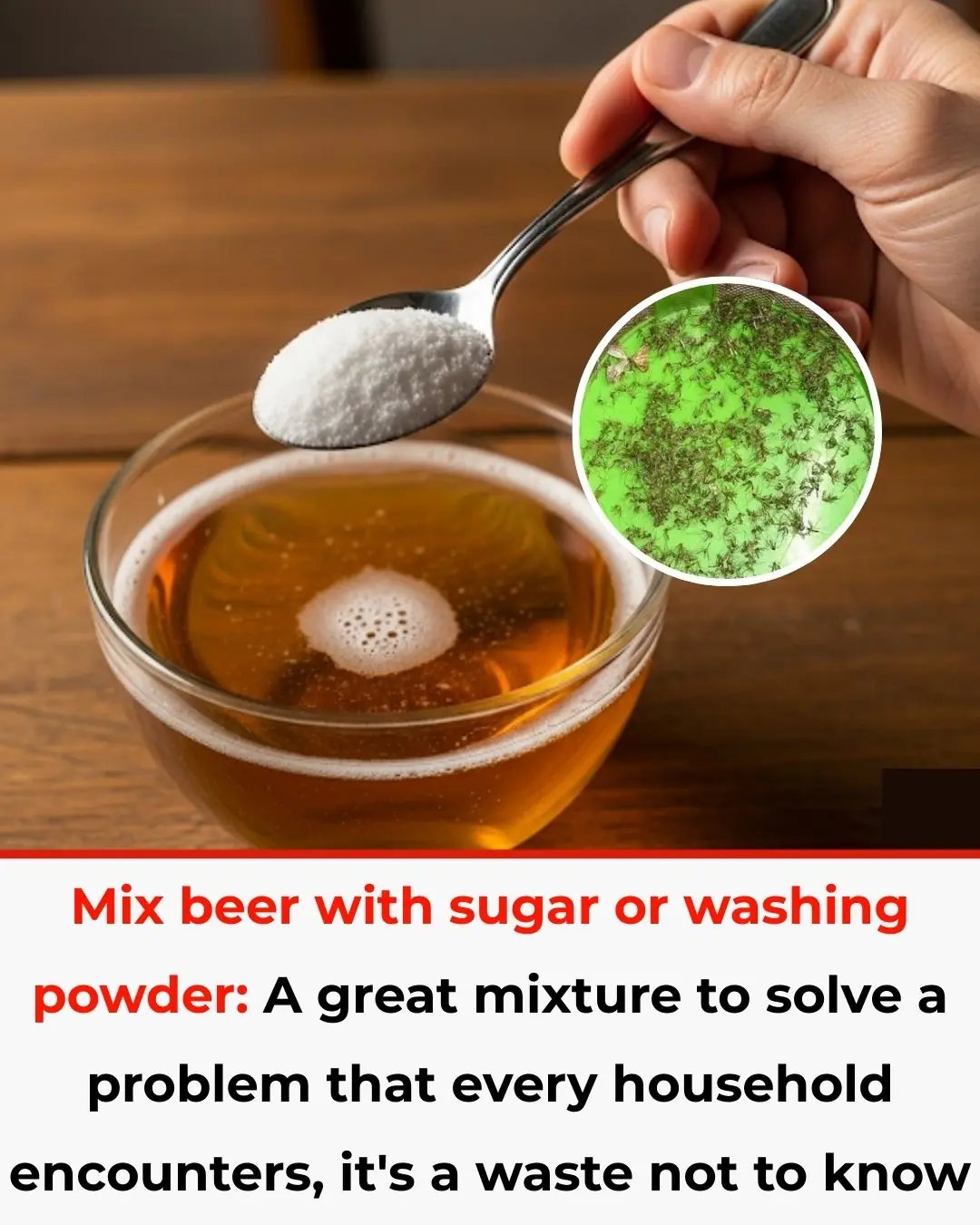
Six Ways a Home Renovation Can Cause Mold
Renovating a home often feels exciting. Fresh paint, new flooring, and modern upgrades can make a house feel brand-new. However, along with the benefits of improvement, there are also risks. One hidden danger that many homeowners overlook is mold growth. Mold thrives in damp, poorly ventilated environments, and renovations sometimes create the perfect conditions for it to spread. If not prevented, mold can damage property and affect indoor air quality. Let’s look at six common ways a home renovation can unintentionally cause mold—and how to avoid these mistakes.
1. Poor Moisture Control During Construction
Moisture is the number one factor that leads to mold growth. Renovations often involve activities that generate moisture—such as plastering, painting, or using water-based adhesives. If the area is not properly ventilated or dried, trapped moisture can seep into walls, ceilings, or floors.
Example: A freshly plastered wall may look fine at first, but if the material remains damp for too long, mold spores can settle and begin to grow.
Prevention tip: Always use dehumidifiers and fans during construction to keep humidity levels below 60%. Make sure surfaces dry completely before sealing or covering them.
2. Leaks from Plumbing Work
Many renovations include updating or rerouting plumbing. Unfortunately, small leaks in pipes or joints can go unnoticed behind walls or under floors. Even a slow drip is enough to create constant dampness—an ideal environment for mold.
Example: A new bathroom renovation might hide a poorly sealed pipe connection. Over weeks, moisture seeps into drywall, leading to hidden mold growth.
Prevention tip: Always pressure-test new plumbing installations before sealing walls or floors. Schedule follow-up inspections to ensure no hidden leaks exist.
3. Inadequate Ventilation After Renovation
Dust and fumes from renovation work often make homeowners keep windows closed. While this may reduce discomfort, it also traps humidity inside. Without proper airflow, areas like kitchens, bathrooms, or basements become breeding grounds for mold.
Example: Installing new cabinets or countertops in a closed kitchen while cooking continues in the home raises indoor humidity, which settles into nearby walls and corners.
Prevention tip: Ensure good airflow during and after renovations. Use exhaust fans, open windows when possible, and consider adding mechanical ventilation if natural airflow is limited.
4. Using Wet or Improperly Stored Building Materials
Renovation projects often involve lumber, drywall, or insulation stored outdoors before use. If these materials absorb rainwater or humidity and are then installed while still damp, mold spores can grow inside the structure.
Example: Drywall sheets stored in a garage during a rainy week may absorb moisture. Once installed, the hidden dampness encourages mold between the walls.
Prevention tip: Store materials in a dry, covered area. Test and dry any suspect materials before using them inside the home.
5. Covering Up Existing Mold Instead of Removing It
Sometimes, during renovations, old mold patches are painted over or covered with new materials. While this may hide the problem temporarily, the mold remains active underneath and continues to spread.
Example: Painting over a bathroom ceiling without addressing the underlying moisture problem allows mold to return quickly, often in larger patches.
Prevention tip: Identify and remove any existing mold before starting cosmetic renovations. Treat affected areas with mold-removal products and address the root cause of moisture.
6. Improper Insulation and Sealing
Home renovations often focus on making a house more energy-efficient. However, poor insulation or incorrect sealing can trap condensation inside walls or attics. This hidden moisture encourages mold to grow where homeowners cannot easily see it.
Example: Adding insulation to an attic without ensuring proper ventilation traps warm, humid air. Over time, mold forms on wooden beams and spreads.
Prevention tip: Balance insulation with ventilation. Make sure that attics, crawl spaces, and walls have adequate airflow to prevent condensation buildup.
Why Mold is a Serious Problem
Mold is more than just an aesthetic issue. It:
-
Damages property – Weakens wood, drywall, and other materials.
-
Reduces home value – Buyers avoid homes with mold history.
-
Affects air quality – Can cause odors and discomfort.
-
Impacts health – Prolonged exposure may trigger allergies or respiratory issues.
Renovations are meant to improve a home, so allowing mold to develop undermines the very purpose of the project.
General Tips to Prevent Mold During Renovation
-
Plan ahead – Discuss moisture control with contractors before work begins.
-
Monitor humidity – Use a hygrometer to track indoor humidity levels.
-
Dry thoroughly – Never seal damp surfaces.
-
Use mold-resistant materials – Consider mold-resistant drywall, paints, and insulation.
-
Inspect regularly – After renovations, check hidden areas like basements, attics, and behind furniture for early signs of mold.
Conclusion
Home renovations should bring comfort, beauty, and functionality. Yet, without proper planning and moisture control, they can create the very conditions that allow mold to thrive. By understanding these six common mistakes—poor moisture control, hidden plumbing leaks, inadequate ventilation, wet materials, covering up mold, and improper insulation—homeowners can take proactive steps to keep their spaces safe and healthy.
The key lesson is simple: prevention is easier and cheaper than remediation. With awareness and a few extra precautions, you can ensure that your next renovation project improves your home without inviting mold to take hold.
News in the same category


Here are 3 coffee drinking habits of many young people that can accelerate aging and cause various health problems

It's not a snake, this is the "a:ss@ssin" that can crawl out of your air conditioner at home.
Why Should We Not Open the Bedroom Door at Night?

8 Body Language Tips to Help You Appear More Confident

Why Should You Not Close the Door When Using the Air Conditioner?

Flight Attendants Reveal Surprising Truth About Coffee Cups on Airplanes

Why Passengers Must Leave Their Luggage Behind During an Emergency Evacuation

5 'Golden Rules' Pilots Swear By That Everyone Should Follow When Boarding a Plane

Why Do Many People Abroad Hang Their Pants Inside Out with the Waistband Facing Down?

How to Clean a Burnt Pot in Just a Few Minutes: A Simple Solution

Pouring Hot Water into the Kitchen Sink: Thought It Was Helpful but Actually Causes Two Serious Problems

Clogged Pipes? Super Easy Home Remedies Without Calling an Expensive Plumber!

The Golden 4-Hour Window to Drink Coffee for Maximum Health Benefits: Clean Liver, Smooth Digestion, and Balanced Blood Sugar

Mixing Beer with Sugar or Detergent: A Brilliant Solution to a Common Household Problem You Shouldn’t Miss

A Wild Herb That Grows Like Weeds, Used in Soups to Nourish the Liver and Strengthen Joints, Yet Most Vietnamese People Always Pull It Out When They See It

Is It Safe to Eat Rice Left Overnight in a Rice Cooker? A Personal Story and Expert Advice

Drinking perilla and lemon leaf tea brings these amazing health benefits to your body

Using just a handful of Paederia foetida leaves, even severe lung inflammation can clear within a week — with results that surprise everyone.

5 Essential Life Skills Children Should Learn Early to Protect Themselves and Help Others
News Post

Treat Premature Gray Hair with a Natural Dye Using Tamarind and Potato – Cheap and Effective!

Here are 3 coffee drinking habits of many young people that can accelerate aging and cause various health problems

It's not a snake, this is the "a:ss@ssin" that can crawl out of your air conditioner at home.

Most US Neurologists Who Prescribe MS Drugs Take Industry Money

Cognitive Benefit From Ginkgo biloba Monotherapy in MCI

Keeping Up on HS Management When Guidelines Are Outdated

Orlando Bloom explains ‘horrible’ side effects his weight-loss transformation caused

A:dult star reveals the clause written into her contract that helps keep her safe

How Your Body Changes in Your Forties and What It Means for Your Health
Why Should We Not Open the Bedroom Door at Night?

8 Body Language Tips to Help You Appear More Confident

Why Should You Not Close the Door When Using the Air Conditioner?

Flight Attendants Reveal Surprising Truth About Coffee Cups on Airplanes

Why Passengers Must Leave Their Luggage Behind During an Emergency Evacuation

5 'Golden Rules' Pilots Swear By That Everyone Should Follow When Boarding a Plane

Why Do Many People Abroad Hang Their Pants Inside Out with the Waistband Facing Down?

Bear Attack Survivor’s Haunting Farewell Note to Wife After Gathering Pieces of His Own Flesh

How to Clean a Burnt Pot in Just a Few Minutes: A Simple Solution

Ring Finger Longer Than An Index Finger
